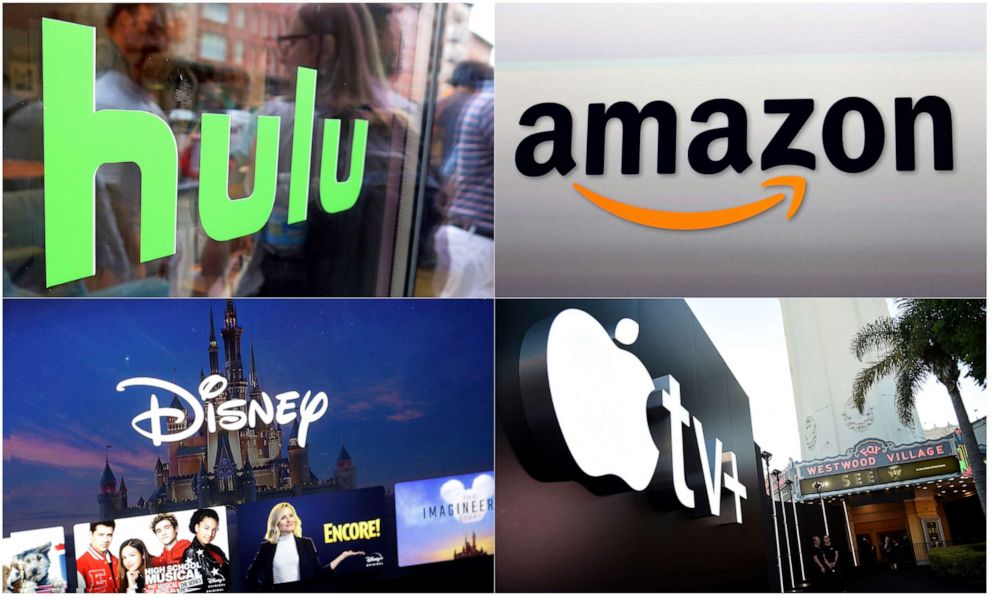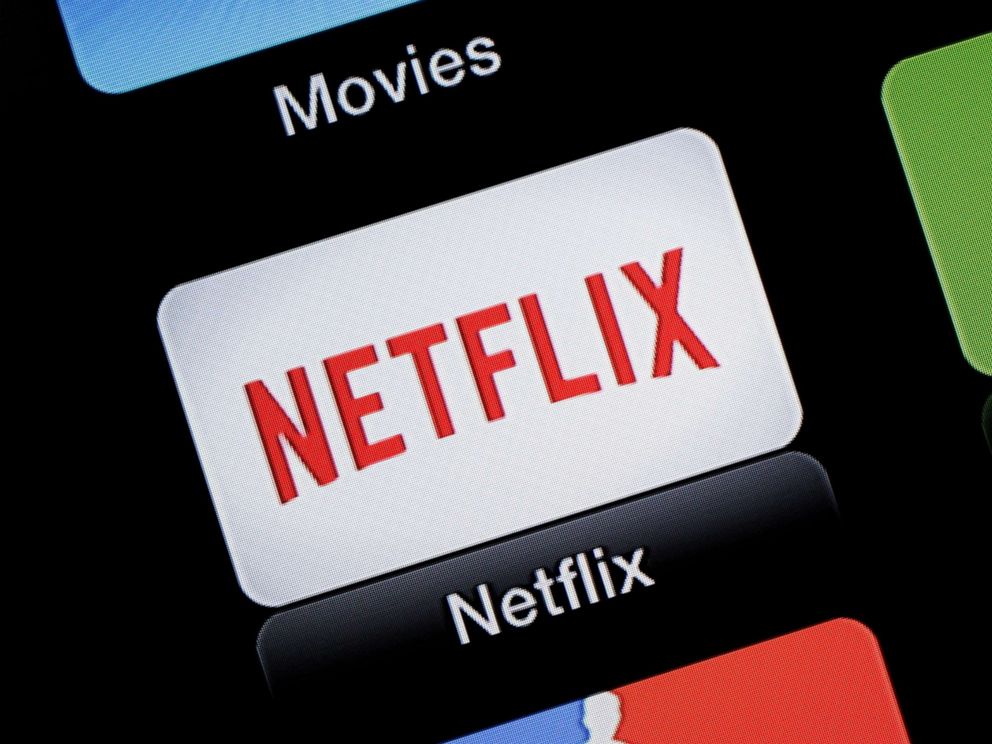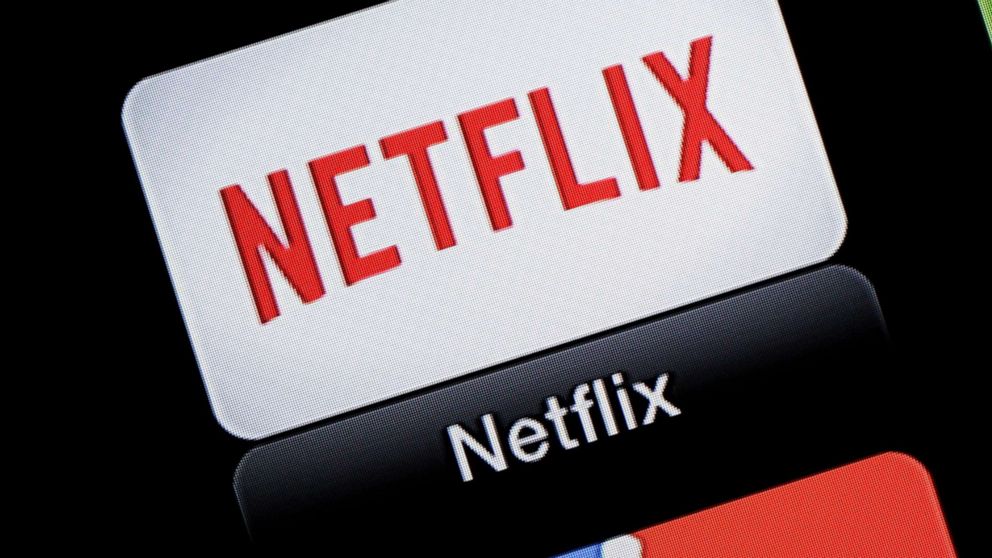YouTube throttling streaming quality globally as coronavirus forces people indoors

As the coronavirus pandemic forces people around the world to stay inside, streaming platforms, including Netflix and YouTube, have been forced to throttle video quality in Europe amid unprecedented demand, and YouTube said that it will now begin doing the same globally.
Google-owned YouTube confirmed Tuesday that it is temporarily defaulting all traffic globally to "standard definition" video quality.
"We continue to work closely with governments and network operators around the globe to do our part to minimize stress on the system during this unprecedented situation," a Google spokesperson told ABC News in a statement. "Last week, we announced that we were temporarily defaulting all videos on YouTube to standard definition in the European Union. Given the global nature of this crisis, we will expand that change globally starting today."
Users can still opt-in to high definition quality, but by default they will be viewing the lower quality video content.
EU officials have been in talks with leaders of some of the major players in the video streaming industry starting last week, asking them to take steps to ensure they're using telecom networks as efficiently as possible as government-mandated stay-in-place orders take effect throughout the region.
"In Europe, for the next 30 days, within each category we’ve simply removed the highest bandwidth streams," Ken Florance, Netflix's vice president of content delivery, said in a statement on Saturday.
"If you are particularly tuned into video quality you may notice a very slight decrease in quality within each resolution," Florance added. "But you will still get the video quality you paid for."

Florance noted that internet service providers around the world vary greatly, and that "some partners in regions such as Latin America want us to reduce our bandwidth as soon as possible. But others want to continue with business as usual."
"So we will provide relief to ISPs who are dealing with large government-mandated 'shelter in place' orders by providing the 25% traffic reduction we’ve started in Europe," he said. "For other networks, we’ll stick with our normal procedures -- until and unless they experience issues of their own."

Amazon officials similarly said Monday that they had already taken action in Europe -- and while the reductions in video quality have not yet impacted the U.S., they are closely monitoring the situation and are ready to take action if called upon by government agencies.
"We support the need for careful management of telecom services to ensure they can handle the increased internet demand with so many people now at home full-time due to COVID-19," a Prime Video spokesperson told ABC News in a statement.
"Prime Video is working with local authorities and internet service providers where needed to help mitigate any network congestion, including in Europe where we’ve already begun the effort to reduce streaming bitrates while maintaining a quality streaming experience for our customers," the spokesperson added.
Disney's streaming service, Disney+, will temporarily reduce its overall bandwidth utilization by at least 25% "in all of the markets launching Disney+" starting on Tuesday, Kevin Mayer, the chairman of direct-to-consumer and international at The Walt Disney Company said in a statement.
"In the coming days, we will be monitoring Internet congestion and working closely with Internet service providers to further reduce bitrates as necessary to ensure they are not overwhelmed by consumer demand," Mayer added. "We look forward to the launch of Disney+ and hope it will provide a much-needed respite for families in these challenging and trying times."
The Walt Disney Co. is the parent company of ABC News.
What to know about the coronavirus:
- How it started and how to protect yourself: Coronavirus explained
- What to do if you have symptoms: Coronavirus symptoms
- Tracking the spread in the U.S. and worldwide: Coronavirus map
Tune into ABC at 1 p.m. ET and ABC News Live at 4 p.m. ET every weekday for special coverage of the novel coronavirus with the full ABC News team, including the latest news, context and analysis.




